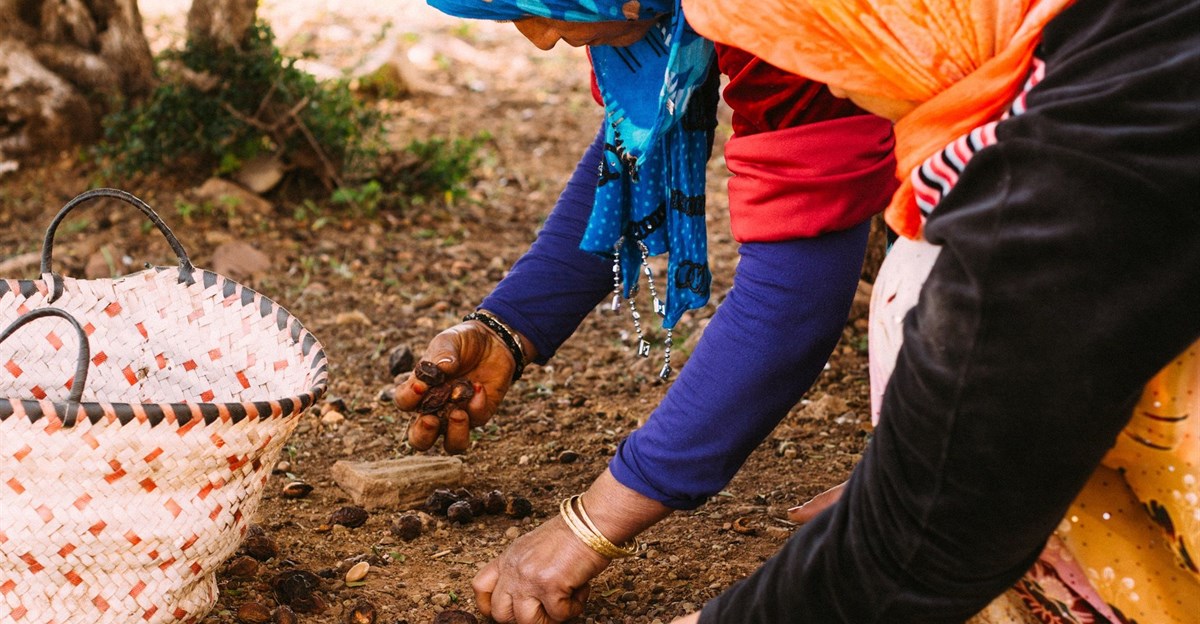This blockchain company brings modern AgTech to smallholder farmers in developing countries
As 2050 approaches, the global population is projected to reach 9.7 billion, requiring a significant increase in food production. Unfortunately, the problem of hunger persists, with over 1 billion people going to bed hungry every day in 2021, and experts say the problem has worsened over the past five years. Fortunately, many experts agree that modern technology, including artificial intelligence (AI), can improve the world’s view of food production.
Climate change, which causes changes in temperature and rainfall patterns, is partly to blame for the change in crop growth and the availability of water for irrigation. These climate and landscape changes in turn lead to reduced yields. Modern technology can use satellite imagery to assess deforestation, and by distinguishing between trees, crops, forested areas and flatlands, experts can identify zones in need of protection and help enforce regulations to prevent further damage.
Another contributing factor to worldwide food production is crop yield. AI has also seen utility in its ability to improve crop performance by using spectral and radar-based analysis from satellites, combined with weather, plant and soil data, to make recommendations to maximize crop yields. Machine learning compares data sets across different regions and adjusts recommendations based on regional differences.
Agricultural experts are also using artificial intelligence to support the productivity of animals, particularly cows, which are affected by a range of environmental, management and genetic factors. Machine learning and statistical analysis are used with some postulation to analyze and predict the traits that can be inherited as well as the resulting performance of the offspring from the mating of two animals. While parents contribute 50% of their genes to their offspring, other factors such as nutrition, weather, water, disease, temperature, care and stress can also affect the animal’s performance. Technology can group animals based on these conditions and make predictions about their future based on the collected data.
The gap between business and smallholder
Unfortunately, while this technology is becoming more available, one problem still needs to be solved. Smallholder farmers worldwide have significant potential to mitigate the global food shortage crisis, but they lack access to modern technology and data-driven inputs related to soil, vegetation and weather conditions necessary for sustainable growth.
To put that in perspective, almost a third of the world’s population are small farmers working on farms smaller than five hectares. Currently, these farms struggle to produce enough food to feed the residents who live on that lot. By comparison, farmers in G20 nations often have access to modern technology that allows them to run their farms as a commercial enterprise, producing enough food for the family living on the plot and hundreds of other people. The result is a huge gap in land utilization.
To overcome this challenge, there is a need to usher in a new era of data-driven agriculture that allows farmers to harness the power of technology to collect, analyze and use data to make informed decisions, but at a cost that is achievable for smallholder farmers. . By incorporating data-driven insights into farming practices, smallholders and family farmers can increase their yields, increase income and contribute to global food security.
Leading the world of AgTech
Dimitra, a global blockchain-based AgTech company, aims to bridge this gap by partnering with governments and non-governmental organizations through its Connected Farmer platform that will be made available to smallholder farmers in developing countries at no cost.
In working on this mission, the Dimitra team shared:
“Every smallholder, regardless of financial status, should be able to benefit from simple, beautiful and useful technology […] because when farmers thrive, economies thrive.”
The platform allows users to generate detailed dashboard reports, track farming activities and receive recommendations for better decision making. However, unlike traditional solutions, Dimitra is built on blockchain technology in conjunction with mobile and machine learning algorithms to guarantee farmer anonymity, ensure enterprise-level data security and facilitate secure tracking and tracing. In addition, Dimitra’s deforestation compliance module and features such as yield performance provide a versatile performance-enhancing solution to farmers worldwide.
Disclaimer. Cointelegraph does not endorse any content or product on this site. While we aim to provide you with all important information we can obtain, readers should do their own research before taking any action related to the Company and bear full responsibility for their decisions, nor should this article be considered investment advice.

























